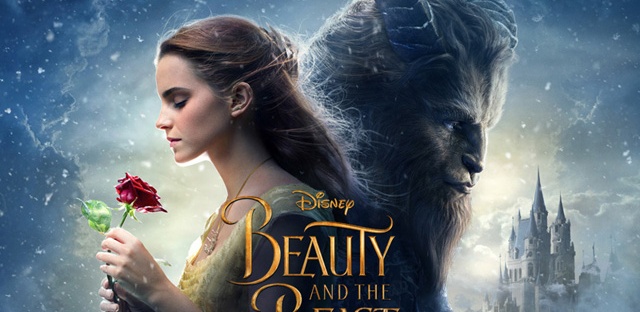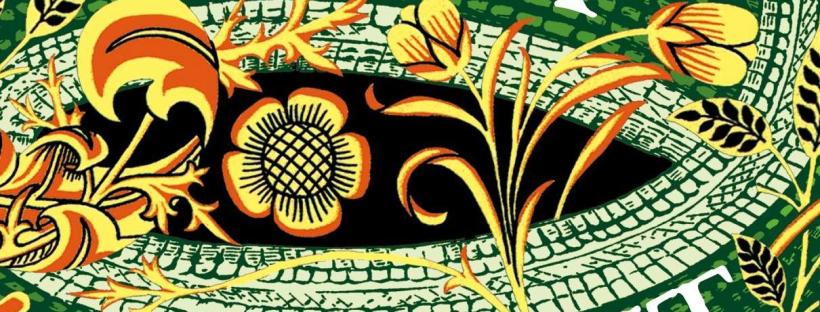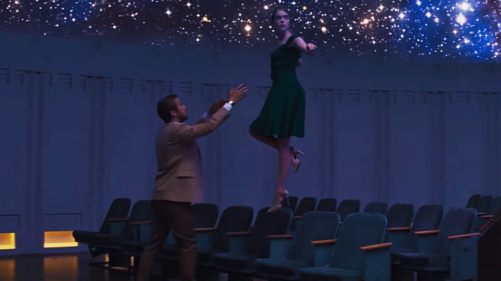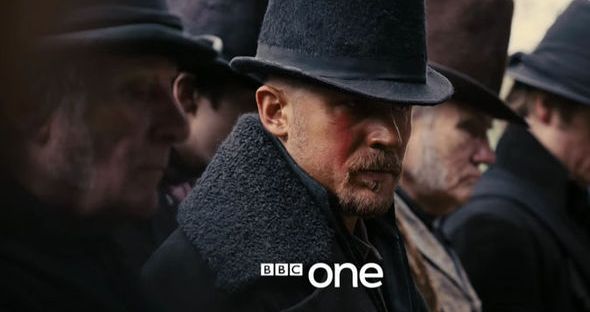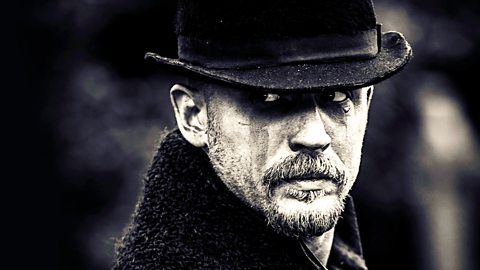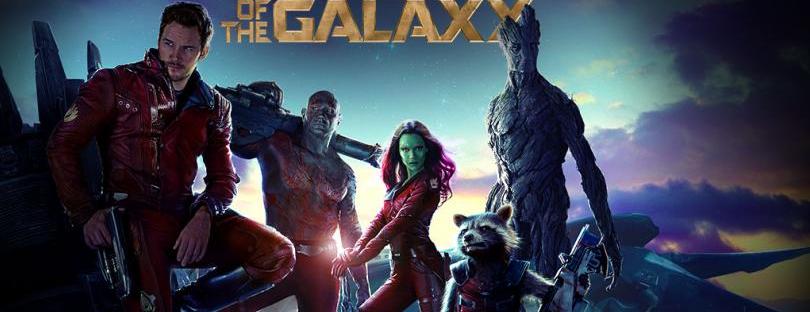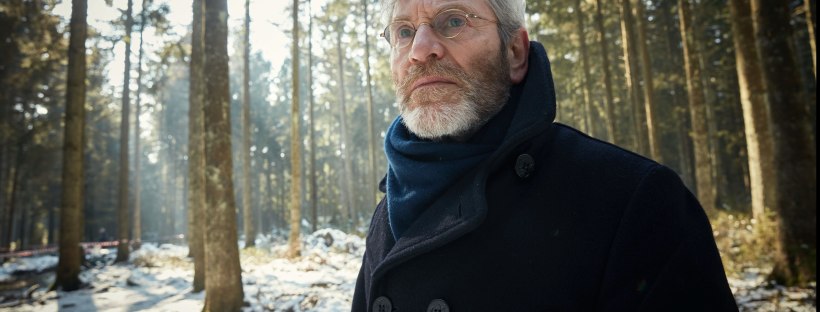I was so excited to see this film with my housemate last night and can honestly say that I absolutely loved it from start to finish.
Prior to seeing this movie I hadn’t been a huge fan of Disney’s live action remakes – I found them too dark and many, a somewhat drab attempt to target older audiences. I was therefore hoping that the new Beauty and the Beast would be a real life version of the cartoon (which everyone loves) – and luckily, that’s exactly what I got!
The plot is virtually the same as the original with just a few alterations which definitely kept things interesting. One was the back story about Belle’s mother (who we find out died from the Plague), and the similar devastation the Beast suffered as a child when his own mother past away. This twist was particularly good as it created a natural link between the pair which actually gave a certain of authenticity to their relationship.
Producers also cleverly tweaked some of the characters to make things a little more witty and refreshing – I rather enjoyed how Gaston’s gawky sidekick Le Fou was now camp. My favourite change however was used to develop the character of the Beast. He was massively humanised in this film, accurately portraying him as a man sentenced to life as a hideous creature, rather than an animal with human tendencies. It made him genuinely funny, intelligent, and as Belle of course discovers, loveable.
As many fans of the original Disney picture will agree, the songs are integral to the film’s success and likeability. Emma Thompson maintains the authentic East-End tone required for the classic that is, Tale as Old as Time, whilst Ewan McGregor wonderfully brings to life the kind-hearted wit of Lumiere in his big number, Be Our Guest (which has always been a personal favourite) and was, as I had hoped, executed stunningly. In the cartoon we see chandeliers, show-lights, tea cups and saucers dancing and singing to this brilliant song, but it now it was so much more than that. It became a mutli-coloured Parisian display of dance, celebration and splendour, with if not more impact than the original cartoon had created.
All in all I loved this film. The costumes were brilliant, the songs were even more powerful and theatricalised than ever, and every aspect was as heartbreakingly lovely as I remember it from when I was a child.
Rating: 10/10
